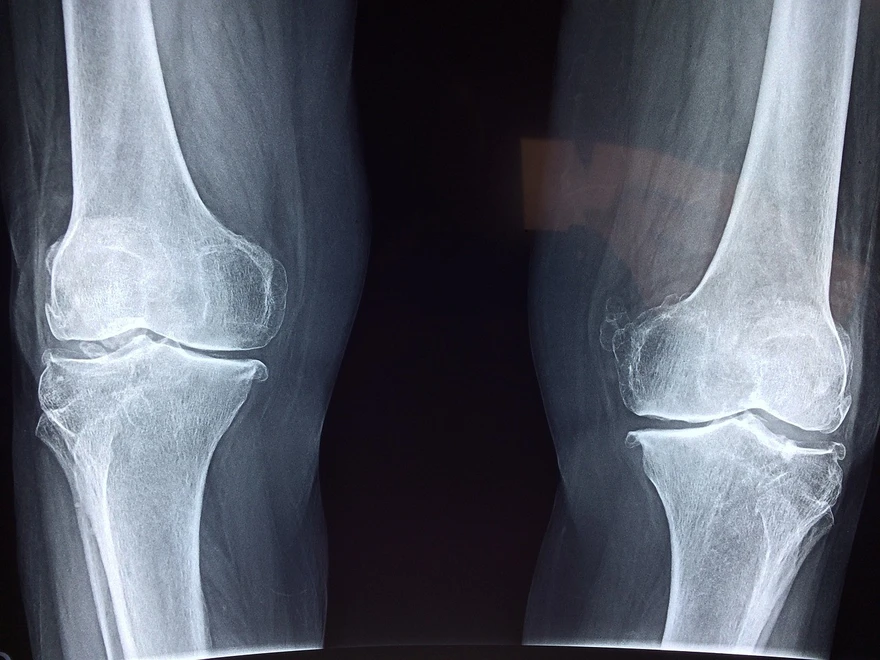Preventive Healthcare
Most Common Summer Diseases in India and How to Prevent Them

Table of Contents
Do you often find yourself feeling drained or unwell as the summer heat sets in? You're not imagining it—India’s scorching temperatures can quietly trigger a range of health issues. While summer diseases are common, they don’t have to disrupt your life.
This blog offers clear, trustworthy guidance to help you understand what’s happening to your body and how to stay protected. With just a few thoughtful changes in your daily routine, you can enjoy a safer, healthier summer—for both yourself and those you care about.
10 Most Common Summer Diseases
The summer season in India brings intense heat, humidity, and changes in lifestyle that can make you more prone to certain health issues. Knowing what to watch out for helps you take simple steps to stay safe.
Here are the 10 most common summer diseases and how they affect your body.
Heat Stroke
Heat stroke happens when your body overheats due to prolonged exposure to high temperatures. It’s more common if you're out in the sun without hydration or shade.
- You may feel dizzy, weak, and confused, sometimes with nausea or rapid heartbeat. These are signs your body is struggling to cool down.
- Avoid going out during peak sun hours (12 PM–4 PM). If you must, wear light, loose-fitting clothes and carry water.
- Keep yourself cool with frequent sips of water, staying in shaded or air-conditioned places, and using wet towels on your neck or forehead.
Food Poisoning
Contaminated food and water are major concerns in the summer season, especially with improper storage in the heat.
- Symptoms like stomach pain, vomiting, and diarrhoea can appear quickly after eating unsafe food.
- Always eat freshly cooked food and avoid items from street vendors or stalls without proper hygiene.
- Store food properly—refrigerate leftovers immediately and don’t consume items left in the open for long.
Read: Food Poisoning: Its Causes, and Treatments
Dehydration
In summer, your body loses more water through sweat, making it easy to become dehydrated.
- You might feel very thirsty, tired, and light-headed, or notice dark urine. These are early signs to watch for.
- Drink plenty of fluids throughout the day, even if you're not feeling thirsty. Include water, coconut water, and fresh juices.
- Avoid too much caffeine and alcohol, as they increase fluid loss and worsen dehydration.
Mumps
Mumps is a viral infection that becomes more frequent in summer, especially among children and teens.
- Swelling near the jaw or cheeks, along with fever and muscle pain, are common symptoms.
- Make sure vaccinations are up to date, as this offers the best protection.
- If infected, rest and isolate, and offer fluids and soft foods for comfort.
Chicken Pox
This viral illness spreads easily during summer, especially among school children.
- Small, itchy red spots or blisters appear all over the body, often with fever and fatigue.
- Keep the infected person at home, away from others, until all blisters have dried.
- Use calamine lotion and cool baths to ease itching and discomfort.
Read: Chickenpox: Symptoms, Causes, and Diagnosis for All Ages
Measles
Another viral disease that becomes more active in summer, measles can cause complications if not addressed early.
- Rashes starting on the face, along with cough and red eyes, are early signs.
- Ensure your child is vaccinated, as this is the most effective way to prevent infection.
- Seek medical attention early if symptoms appear—early care reduces complications.
Typhoid
Contaminated water and food can lead to typhoid, a bacterial infection common during summer season diseases outbreaks.
- Symptoms include prolonged fever, weakness, and digestive problems.
- Drink only filtered or boiled water, and avoid raw or unwashed produce.
- Complete the full course of antibiotics, if prescribed, and take enough rest to recover fully.
Read: Typhoid Fever: Symptoms, Causes, Stages & How Long Does it Last?
Sunburn
Direct exposure to harsh sunlight without protection can damage your skin.
- Red, painful skin that feels hot to the touch is a sign of sunburn.
- Always apply sunscreen (SPF 30 or higher) before stepping out in the sun.
- Wear protective clothing and use umbrellas or hats to shield your skin.
Heat Rashes
These are small red bumps or blisters that occur when sweat blocks your skin pores.
- Common in children and active adults, heat rashes can be itchy and uncomfortable.
- Wear breathable, cotton clothes and avoid tight outfits that trap sweat.
- Take cool showers and use gentle powders to soothe irritated skin.
Read: Heat Rash - Types, Symptoms, Causes and Treatment
Other Waterborne Diseases in Summer
Diseases like cholera, dysentery, and hepatitis A increase during the summer season, mainly due to unclean water.
- Frequent loose motions, vomiting, or jaundice symptoms may indicate waterborne infections.
- Avoid drinking water from unknown sources—stick to filtered or bottled water when outside.
- Practice good hand hygiene, especially before eating and after using the toilet.
Tips to Prevent Summer Diseases
Staying healthy during summer doesn’t require drastic changes. A few mindful habits can go a long way in protecting you from summer diseases. Here are some practical and easy-to-follow tips.
- Keep yourself well-hydrated by drinking 8–10 glasses of water daily. Add natural drinks like coconut water, lemon water, or buttermilk to keep electrolytes balanced.
- Eat light, fresh, and home-cooked meals. Avoid oily and spicy food, which can upset your stomach more easily during hot weather.
- Practice good personal hygiene, such as washing hands frequently and showering after being out in the sun or sweating a lot.
- Store food correctly. Refrigerate perishable items and reheat leftovers properly before eating.
- Use mosquito nets or repellents, especially in the evenings, to prevent bites that could lead to vector-borne diseases.
- Wear loose, light-coloured clothes, ideally cotton, to allow your body to breathe and reduce the risk of heat-related issues.
- Apply sunscreen and carry an umbrella or hat if you're going out during the day.
- Avoid overcrowded places during outbreaks of viral summer season diseases, particularly if you have children or elderly people at home.
By following these tips, you can lower your chances of getting affected by summer diseases and enjoy the season in good health and comfort.
Conclusion
With high temperatures and rising humidity, staying informed and cautious can help you avoid the most common summer diseases. Whether it’s protecting your skin, staying hydrated, or eating safe food, small steps make a big difference. Regular check-ups can also help detect early signs of summer season diseases before they get serious.
For accurate diagnosis and expert testing, consider Metropolis Healthcare—a trusted name with 40+ years of experience, home collection services, and NABL/CAP-accredited labs for peace of mind.
FAQs
Which summer diseases spread fastest in India?
Chickenpox, mumps, and measles spread quickly due to heat, poor hygiene, and close contact in summer.
How do I know if it’s heatstroke or just dehydration?
Heatstroke includes confusion and high fever; dehydration causes thirst, tiredness, and dark urine without severe mental symptoms.
Is conjunctivitis really ‘eyes hlu’? How to avoid it?
Yes, it’s viral and highly contagious. Avoid touching eyes, share no towels, and maintain good hygiene.
Why does typhoid spike in summer?
Contaminated water and food spoil faster in summer, making typhoid more common during this hot season.
Can AC or coolers spread summer colds?
Yes, poorly maintained ACs and coolers can circulate dust and allergens, triggering colds or respiratory infections.



1744887454.webp)





















